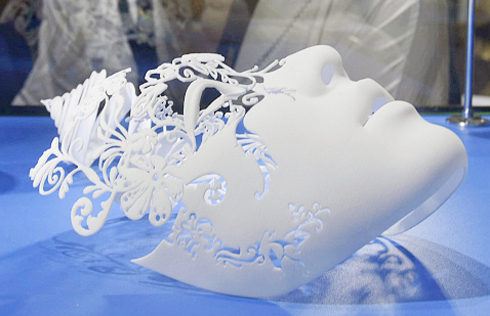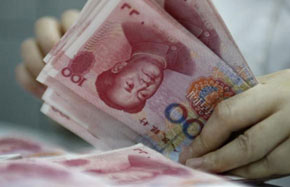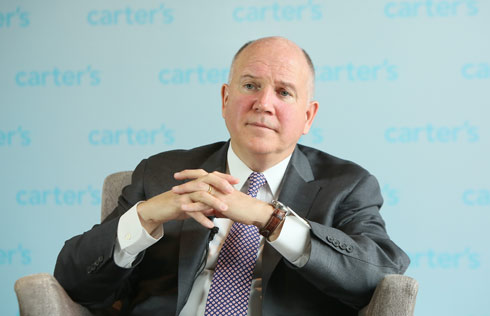PBOC will act 'if necessary'
Ritesh Maheshwari, S&P's credit analyst, said banks may initially not be able to swiftly adjust their asset portfolios when liquidity supply drains concurrently, but they could reallocate assets in a few months,.
Liu Ligang, chief China economist at ANZ Group, said most of the off-balance sheet assets of banks are still lending business, but instead of ordinary companies, the loans were extended to sectors restricted by regulators, such as the property industry and the financing vehicles of local governments.
"For banks, such assets mainly originate from the wealth management products sold to ordinary investors, as well as interbank borrowing."
To ease liquidity tensions, commercial lenders only have two options, he said. "They could choose either to cut their off-balance sheet lending scales, which means they have to wait until the extended loans mature, or sell a large amount of wealth management products at high yields to ease the crunch, which can be poison."
A decline in extended loans might be more possible if the liquidity situation does not improve and regulators maintain their current stance, according to Liu.
"Many banks have chosen to slow their lending pace or even stop extending any new loans. Obviously, this would have a negative impact on banks' profits and affect the manufacturers and service providers," said Deng Zhongwu, general manager at Bank of Sanmenxia.
China's largest commercial bank, Industrial and Commercial Bank of China Ltd, said in a statement on Tuesday that it has maintained a stable liquidity stance with prudent management since the year started.
"After setting aside the required reserves, we have more than 4.6 trillion yuan worth of highly liquid assets, including bonds, interbank financing, excess reserves and cash."
Xu Junqian in Shanghai contributed to this story.



















